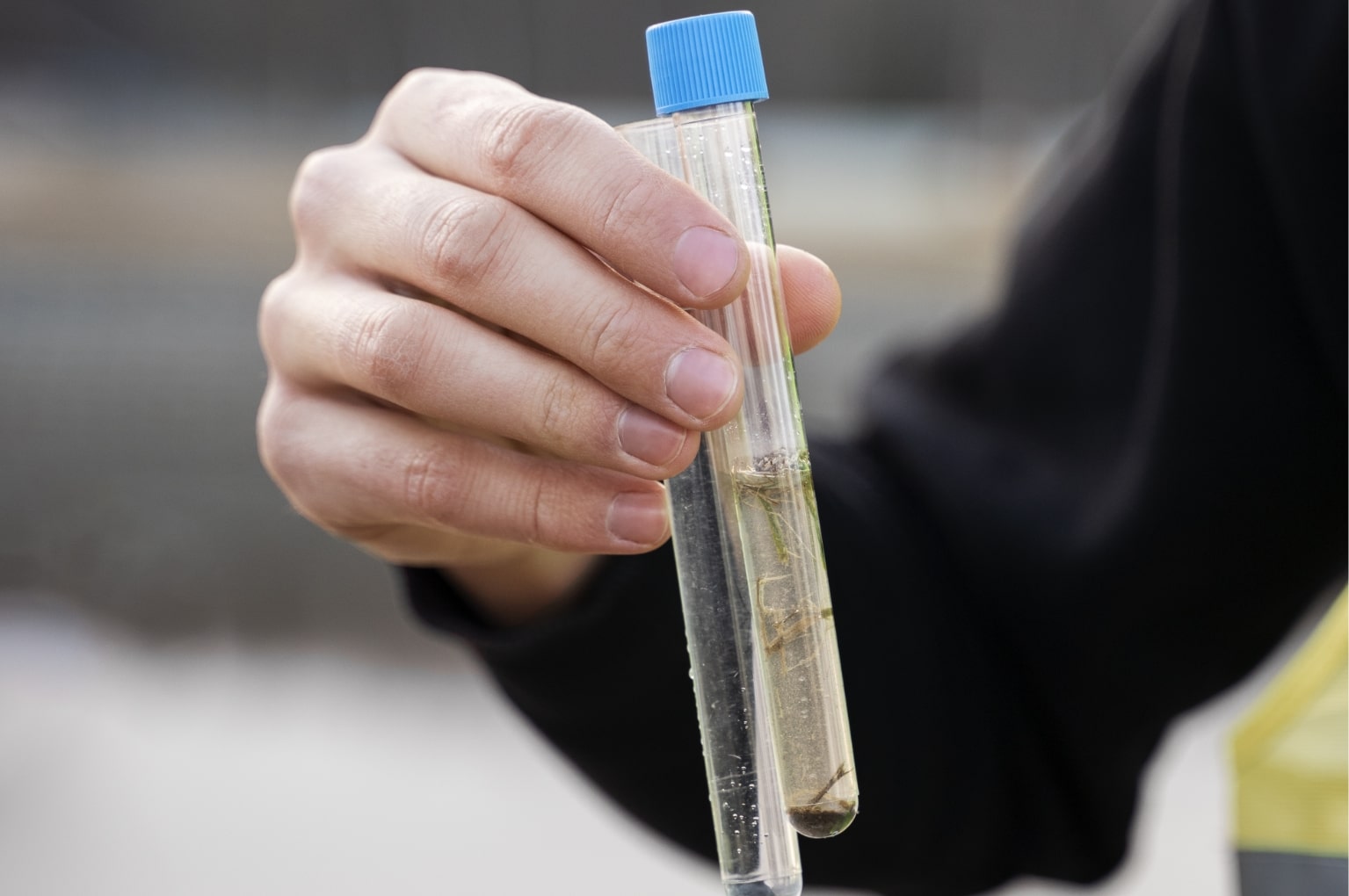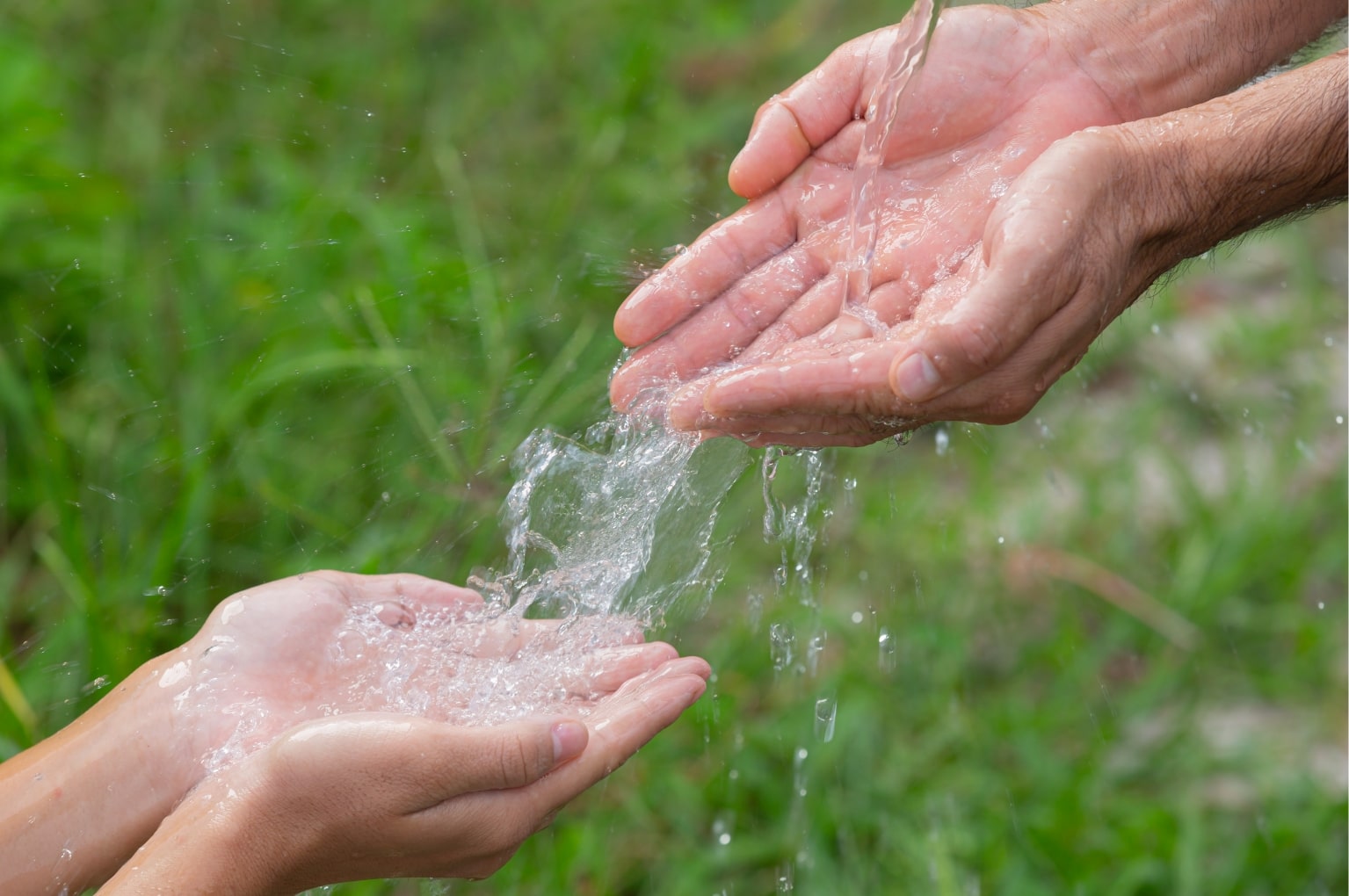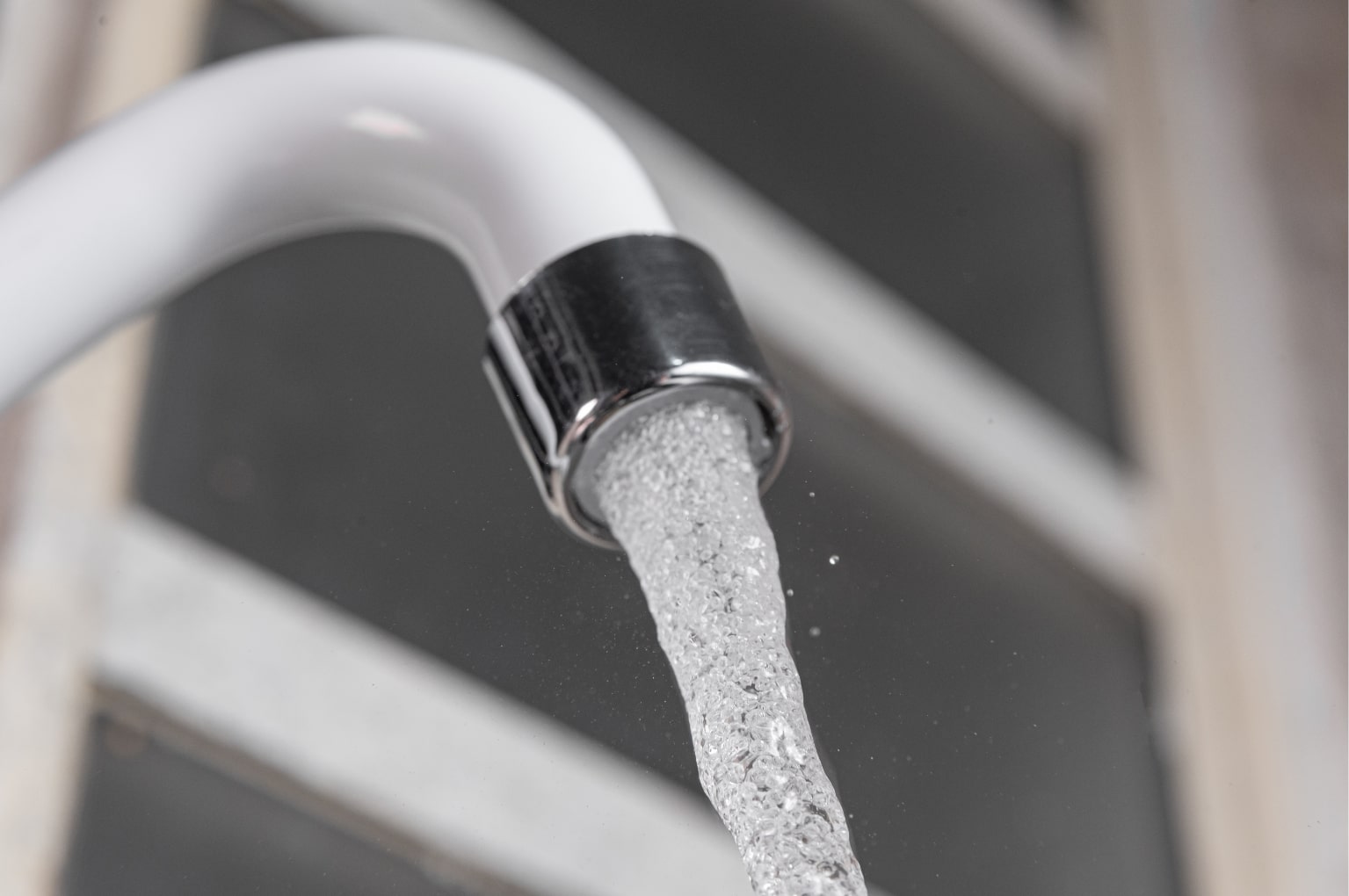
We all depend on water. From the water that flows through our homes to the water used in industries like petroleum refineries and food production, understanding why water quality is important and adhering to drinking water quality standards improves our lives in countless ways.
But what exactly defines high-quality water? And why are water quality standards crucial?
Water quality standards, particularly those set by the U.S. Environmental Protection Agency (EPA), help maintain a healthy water supply and promotes better quality of the water we consume.

According to the 1972 Clean Water Act, the EPA follows a set of water quality standards aimed at reducing contamination in drinking, recreational, agricultural, and industrial water.
This monitoring encompasses many contaminants, including microorganisms, disinfectants, chemicals, and radionuclide mineral deposits.
Clean water is essential for the health of plants, animals, and humans.
Other advantages include:
The EPA also requires that bodies of water designated for specific uses, such as recreation, drinking, agriculture, industry, and wildlife protection, maintain a certain quality level.
For example, water officially designated for these purposes must have sufficiently low levels of pollutants.
Learn More: The EPA Water Quality Standards

In the U.S., water is deemed safe to drink if it meets the EPA’s water quality standards.
Since 1974, the EPA has required public water suppliers to ensure their water is sufficiently free of certain chemicals, germs, and other pollutants.
These regulations fall into two categories:
Water from private commercial sources, like bottled water companies, falls under the Food and Drug Administration’s regulation, not the EPA’s.
Generally, tap water is considered safer than bottled water due to the EPA’s more stringent reporting and disclosure requirements.

Understanding the most common sources of pollutants is key to protecting water sources and maintaining water quality standards.
Every two years, the EPA requires states to report on the quality of their waters in the National Water Quality Inventory Report to Congress.
This report assesses the overall biological health of the nation’s rivers and streams.
We can take clear steps to protect our water sources both immediately and in the long term.
This includes reducing agricultural runoff, minimizing atmospheric deposition from emissions, and avoiding modifications to natural water paths.
Overall, communities should regularly analyze pollution sources to mitigate contamination and maintain safe, clean water.

Adhering to water quality standards is vital for health, so it’s crucial to ensure your water supply meets these standards.
Water treatment specialists can help evaluate and improve your water quality.
Methods include using water softeners, salt-free systems, hybrid softener-conditioners, reverse osmosis systems, portable exchange services, and bottleless water coolers.
Investing in water quality can significantly improve your life and business – one drop at a time.
Rayne Water has been the one-stop shop for residential & commercial water treatment customers for nearly a century.

Poor water quality poses major public health risks by spreading diseases like diarrhea, cholera, and hepatitis A.
Over 2 billion people in water-stressed areas are at risk, with unsafe drinking water causing around 505,000 deaths yearly.
The CDC emphasizes the need for regular testing of water sources, especially unregulated private wells, for contaminants like bacteria and chemicals.
You Might Like: 5 Contaminants in Your Drinking Water
According to Conserve Energy Future, water quality is crucial for maintaining healthy ecosystems and biodiversity. Polluted water harms aquatic life by disrupting food chains and creating dead zones where life can’t survive.
For instance, toxic substances like lead can be ingested by small aquatic creatures and then passed up the food chain.
Fertilizers from agriculture can cause excessive nutrient build-up in water, leading to eutrophication, where algae overgrowth depletes oxygen and forces aquatic life to leave.
International organizations and governments play a crucial role in setting and enforcing water quality standards.
UNESCO’s International Initiative on Water Quality (IIWQ) focuses on global collaboration to improve freshwater quality and address water pollution threats to health and ecosystems.
It promotes scientific cooperation, knowledge sharing, and innovative policy solutions worldwide.
Additionally, UN Water is working on developing global water quality guidelines for aquatic ecosystems. These guidelines provide a regulatory framework for countries to prevent and control pollution in aquatic environments, therefore enhancing water quality globally.
Rayne Water has been dedicated to improving water quality since 1928, providing high-quality water treatment systems for homes, businesses, and industries.
Our commitment to meeting industrial water quality requirements ensures every drop of water enhances your daily life, from the office water cooler to your morning glass of water.
Trust us to provide you with the gift of life: pure, healthy water. Contact your local Rayne Water office today.
What are water quality standards?
Water quality standards are regulations or guidelines set by government agencies and international organizations to ensure the safety and cleanliness of water. These standards specify the permissible levels of pollutants in water to protect human health and the environment.
Why are water quality standards important?
Water quality standards are important because they safeguard public health by ensuring that water is safe for drinking, recreation, and other uses. They also protect aquatic life and ecosystems from harmful pollutants.
How are drinking water quality standards determined?
Drinking water quality standards are determined based on scientific research, health studies, and environmental considerations. Agencies like the EPA or international bodies like the WHO set these standards to control the presence of contaminants in water, ensuring it is safe for human consumption.
What role do international organizations play in water quality?
International organizations, such as UNESCO and UN Water, play a significant role in establishing global water quality guidelines, promoting scientific collaboration, and supporting member countries in implementing water quality measures. They facilitate knowledge sharing and the development of best practices to tackle water quality challenges globally.
Can individuals contribute to maintaining water quality standards?
Yes, individuals can contribute by reducing the use of pollutants, properly disposing of hazardous materials, conserving water, and supporting sustainable practices. Public awareness and community involvement are crucial in maintaining water quality standards.